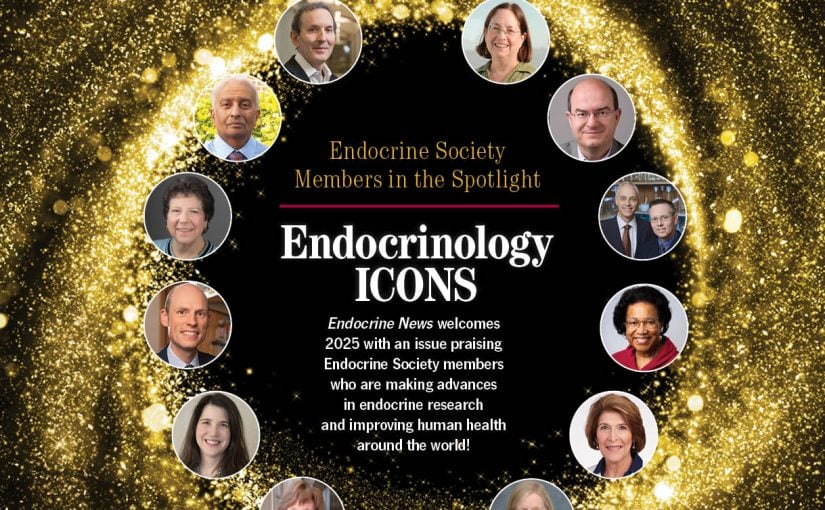The Trainee and Career Development Core Committee, in collaboration with the Research Affairs Core Committee, hosted the 2012 Early Investigators Workshop on September 28 and 29 in San Francisco. Thirty-two postdoctoral and clinical fellows attended this unique two-day program, which offered an in-depth introduction to hypothesis-driven clinical research and/or translational research along with invaluable advice and mentoring on how to establish independent careers in endocrine research. Participants from around the United States and other countries attended this year’s workshop.
In its second year, the Early Investigators Workshop provided integrated sessions for basic science and clinical fellows on general topics such as “How to Write a Grant,” “Selecting a Mentor and Becoming an Effective Mentor,” and “Balancing and Achieving Your Personal and Professional Goals.” This year we held a “Mock Study Section,” which provided trainees with eye-opening insights into the inner workings of peer review at the National Institutes of Health. The workshop included breakout sessions that covered topics specifically tailored to basic science or clinical careers, such as job opportunities in academia and industry for clinical researchers and negotiating your first academic position and setting up your first lab for basic scientists.
The workshop also provided one-onone interaction between participants and senior faculty leaders in The Endocrine Society by dividing fellows into small groups for research project critique sessions. Each fellow had an opportunity to present his or her own research and then to receive feedback from faculty moderators. This has been and continues to be a highlight of the meeting; trainees greatly value and benefit from the constructive and personalized advice they receive.
While in San Francisco, the trainees had ample opportunity to network with faculty and each other. Our hope is that many of these fellows will have established long-lasting friendships and professional relationships within and across the clinical and basic science disciplines. Indeed, such interactions, particularly at these early career stages, provide a clear and tangible means to remove barriers to transformative bench to bedside research.
We are looking forward to planning next year’s Early Investigators Workshop and offering even more exciting programming in 2013. If you have any questions or comments about the workshop, please email [email protected].

